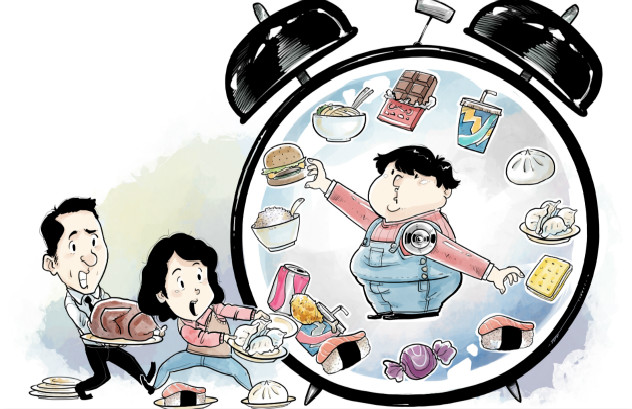Deep water pollution
Although a local environment official has been removed from his post after the recent exposure of serious underground water pollution in a village of Hebei province, a series of questions are still to be answered.
According to residents in Xiaozhuzhuang village, they have been reporting underground water pollution to the relevant government departments for many years, ever since local well water started turning red in the 1990s years after a chemical factory was built nearby. But their worries were continually ignored.
The serious underground water pollution was put into spotlight only days ago when Deng Lianjun, then-head of Cangxian county's environmental protection bureau, told the media that "the red does not mean water pollution" and "boiled rice made with red beans also appears red". His remarks have swiftly put himself in the vortex of public outrage and the long-neglected pollution in the spotlight. Under the mounting public pressure the county authorities announced his dismissal and organized a team of experts to conduct investigations.
According to a report released by the investigatory panel on Sunday, the level of aniline, a cancer-inducing chemical substance contained in the well water of a local chicken farm, was 7.33 milligrams per liter, more than 70 times higher than the national standard for drinking water. The water from the drainage ditch of the Jianxin Chemical Factory, a suspected culprit of the underground water pollution, also contained 4.59 milligrams of aniline per liter, far exceeding the national standard on polluted water discharge. However, the plant still obtained a discharge license from the local environment watchdog and passed the watchdog's sewage examinations every year.
A thorough investigation should be conducted to find out why that was the case, and whether it was the outcome of power abuse or systematic loopholes.
According to villagers, 24 people in their 800-member village have died of cancer since 1996 and six others are fighting cancer. In January, a local poultry farmer reported the death of around 700 chickens on his farm, attributing such deaths to the red underground water.
An investigation needs to find out if there are any links between these and the polluted underground water and immediate actions should be taken to remedy the contamination.
(China Daily 04/10/2013 page8)

























